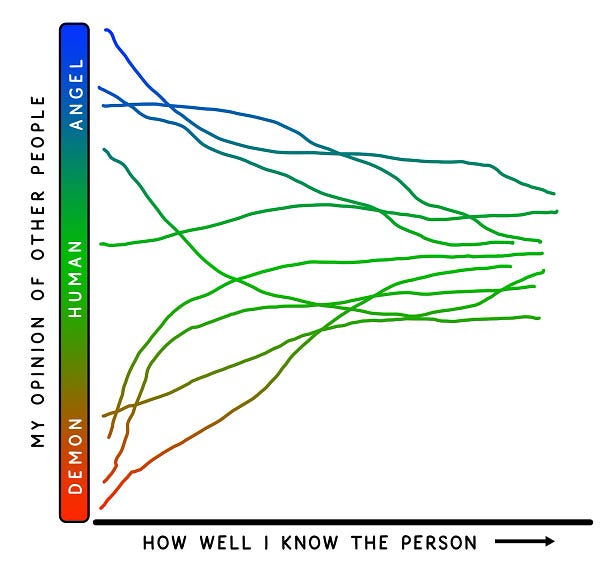 |
Hi, I’m Sari Azout and this is the the 54th edition of Check your Pulse, a tech and startups newsletter designed to make you feel human. I try to make this one of the best emails you get every two weeks(ish).
Hello, friends.
I’ve been off here making stuff. I’m excited to drop some updates soon.
I spent a good chunk of yesterday going through dozens of decks. Across all of these, what stood out was the focus on technology as the disruptor — robotics is disrupting agriculture, AI will disrupt the legal field, AR will disrupt commerce.
But something I’ve been realizing for almost my entire career is becoming clearer now. Technology doesn’t disrupt industries. Unhappy customers do.
The best companies don’t have access to better technology. They have a better ability to understand people.
In Alchemy, Rory Sutherland argues that the biggest progress in the next 50 years may come not from improvements in technology but in psychology and design thinking.
The principles in his book are worth revisiting:
The opposite of a good idea can be a good idea.
For example, there are two great ways of welcoming people to a hotel. One of them is highly automated and impersonal, the other is highly elaborate and involves large degrees of obsequiousness.
There are two ways to win in e-commerce. You can give people infinite choice (Amazon) or you can reduce the burden of choice. Bscly is a life essentials company that recently launched a label with just three unisex garments — a uniform, basically.
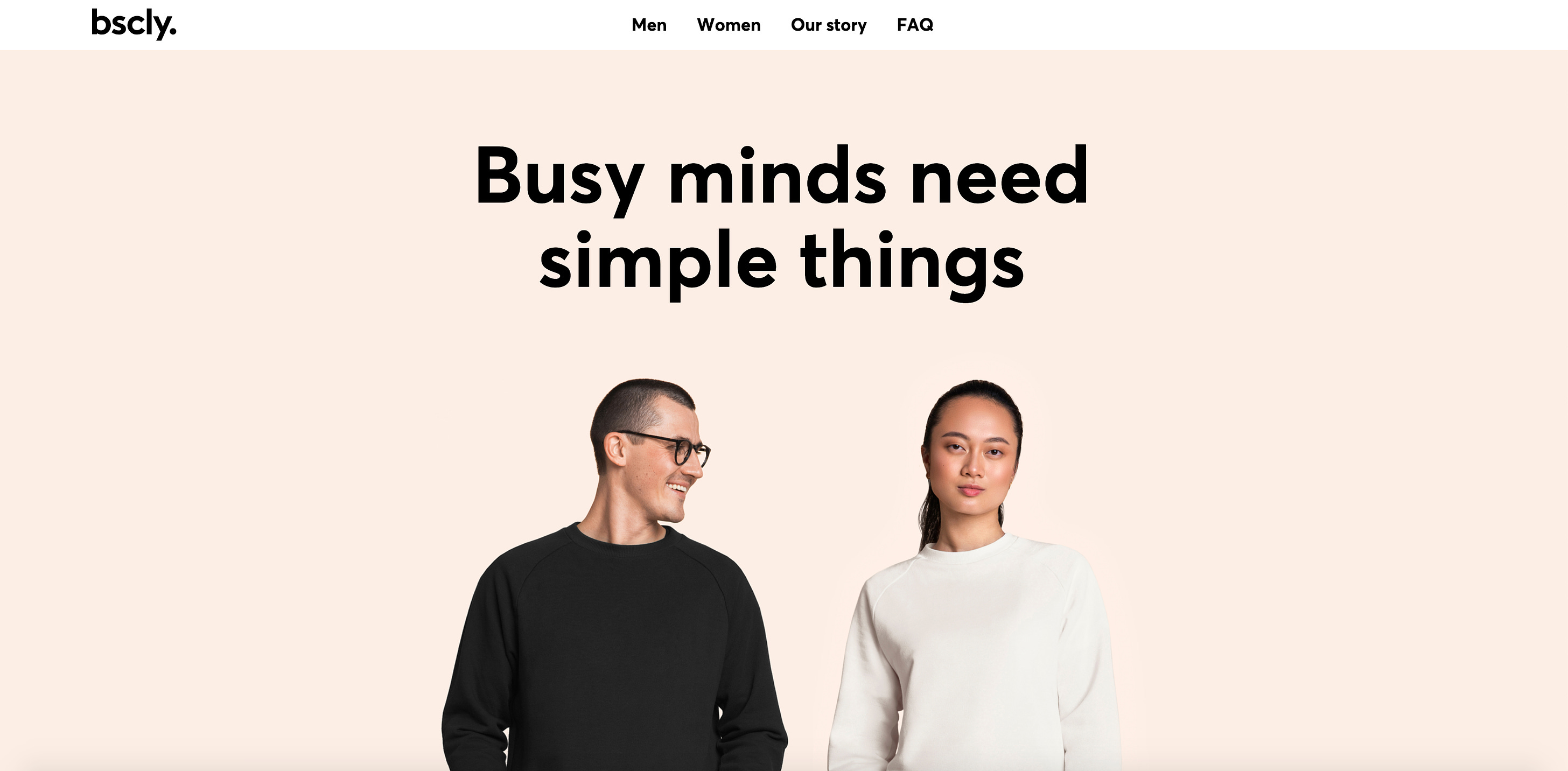 |
We live in the age of extremes. People will pay for livestreamed virtual concerts. But a new startup is ditching video livestreaming and betting on a different experience. Oda is a set of wooden speakers designed to feel like performances are happening in your home. There is no video and no archive. The speaker is in your home, not on a phone or in a browser.
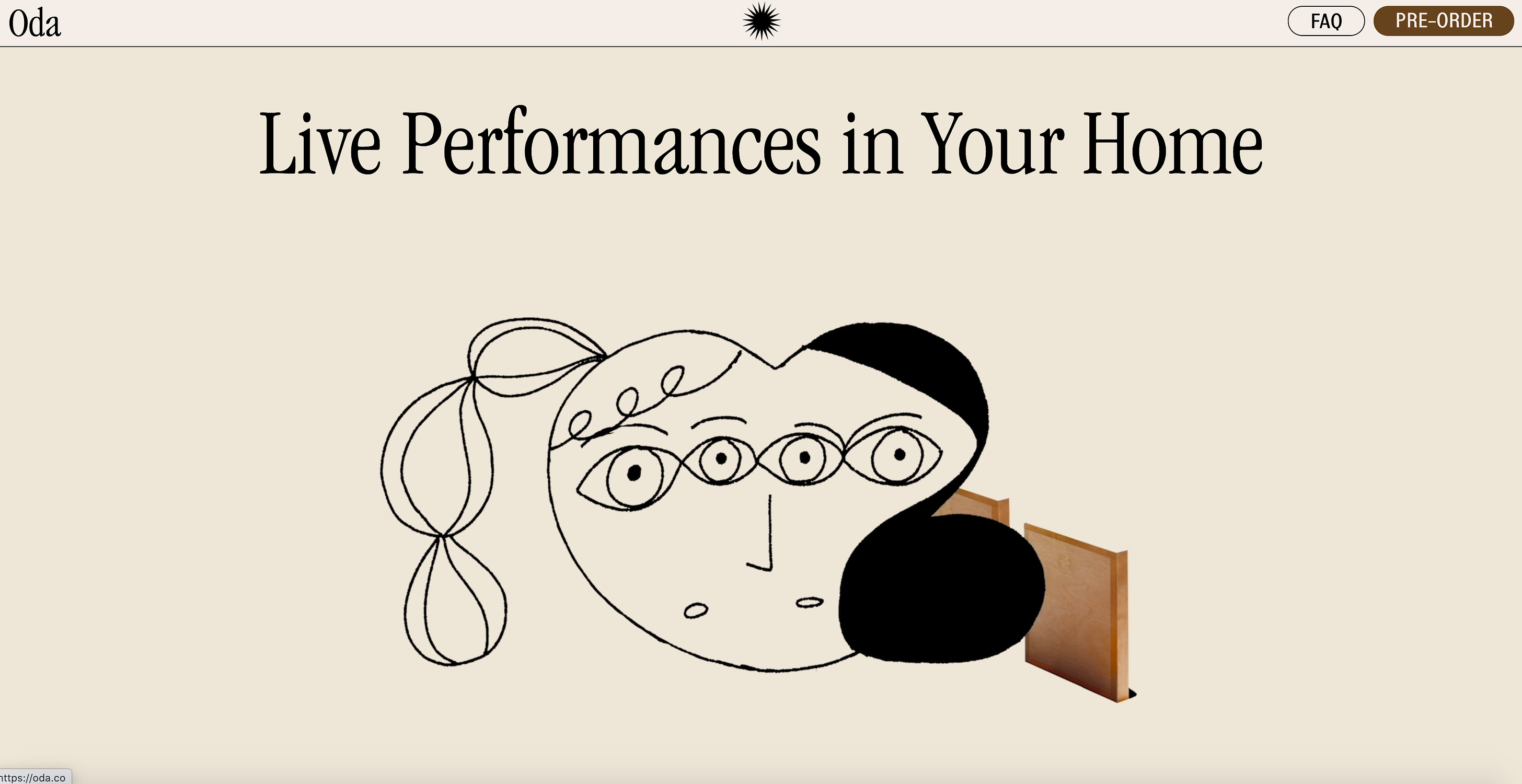 |
Paying to go to school, to then get a job makes sense. In her recent notes, Nadia Eghbal wonders if the opposite can work too: Going to school, but instead of paying tuition to someone to teach you, getting paid by your audience to learn in public and document your learnings.
Logic requires that people find universal laws, but outside of scientific fields, it is perfectly possible for behavior to become contradictory.
In his book, Rory cites the following examples:
A tax increase can cause you to work less because the returns of your labor are lower, or work harder to maintain your present level of wealth.
There are two ways to sell a product: “not many people own one of these, so it must be good”, and “lots of people already own one of these, so it must be good”.
A more recent example is David Dobrik’s new app, Dispo. Kodak went out of business with the rise of the iPhone camera —people wanted instant gratification. But Dispo is an app where people wait until the next morning for their photos to develop, digitally re-creating the same nostalgia of the past. The joke’s on us.
Advertising adds value to a product by changing our perception of it.
For years, few people bought “death insurance.” Then some genius changed the name to life insurance and grew the industry by many billions of dollars.
Meditation went from a strange hippie practice to trendy to normal in a matter of years. The shift in perception — from something religious, eastern, and mythic, to a stylish practice rooted in hard western science — was a necessary condition for its mass adoption.
Marketing changes how we are perceived by others when we use a product.
From Rory’s book is: “If you stand and stare out of the window on your own, you're an antisocial, friendless idiot. If you stand and stare out of the window on your own with a cigarette, you're a fucking philosopher.”
If you are at a bar drinking water you are a loser. But if you’re drinking Liquid Death — canned water branded as a heavy metal act — you’re cool.
Again, the joke’s on us.
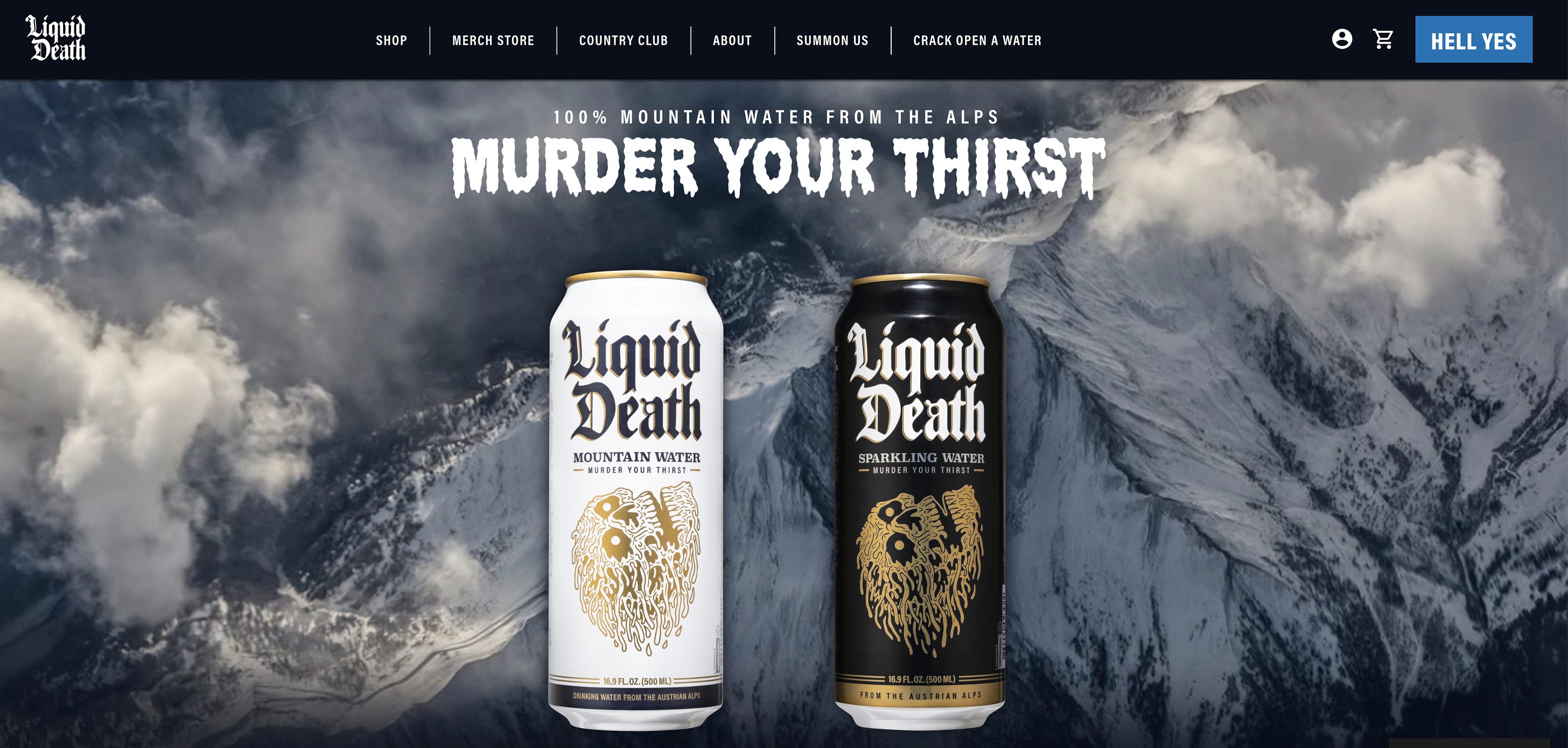 |
Making a train journey 20% faster might cost hundreds of millions, but making it 20% more enjoyable may cost almost nothing.
Uber made it feel 25x better to order a taxi, but they didn't need to build a rocket taxi. What they understood was a human insight — people are much more bothered by the uncertainty of waiting than by the duration of a wait.
An estimated 50 billion garments go straight to a landfill every year. We can find a way to recycle them (a logistical nightmare), or we can recognize that the boundaries between the real world and the digital world are blurring, and transfer that value to the digital realm. Tribute is a digital fashion company where garments are photo-fitted to order and digitally delivered to the customer. It seems outlandish, but people are already paying up to $699 for clothes that only exist online.
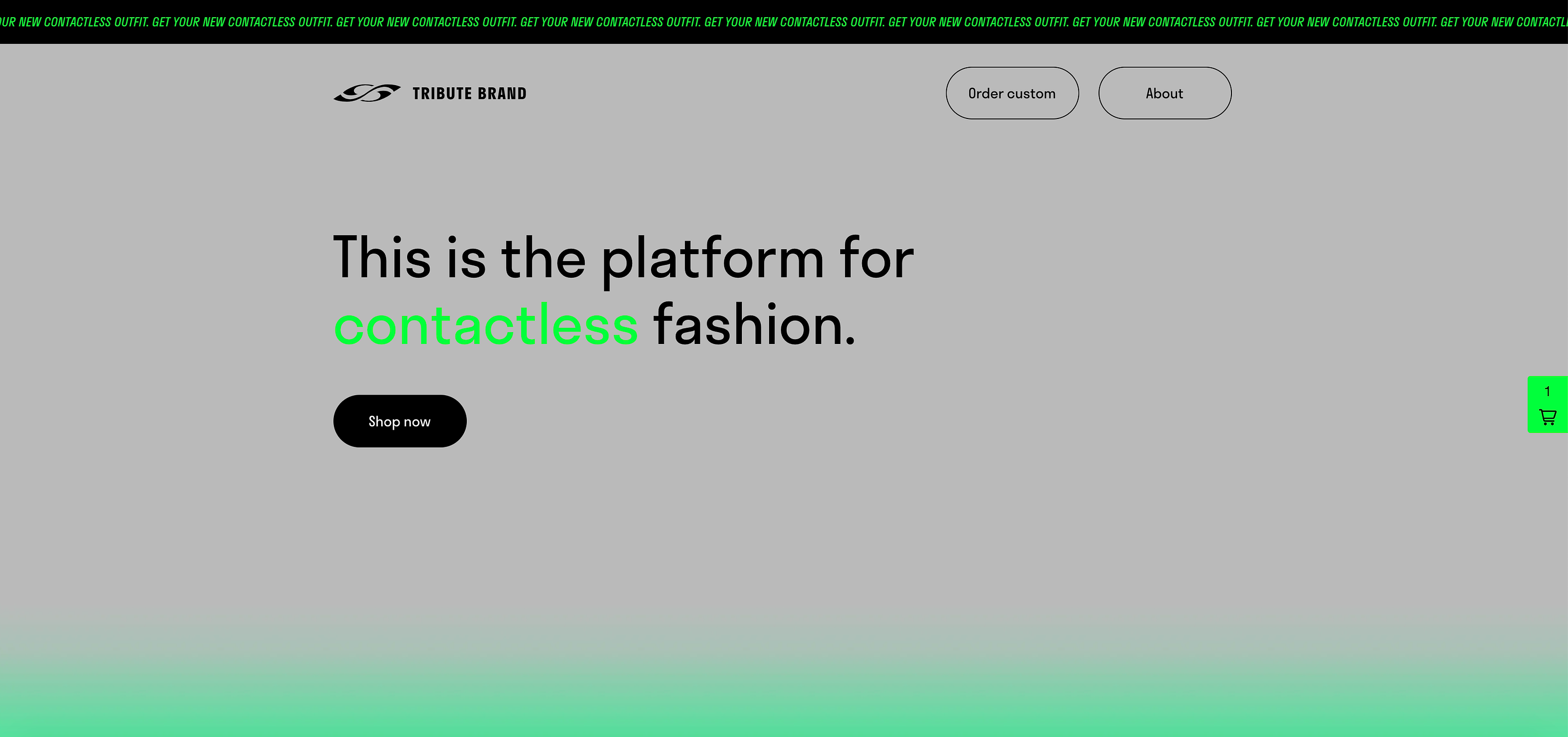 |
 |
What I’m coming around to is this:
These “psychological moonshots” as Rory calls them, don’t happen when you build what’s technically possible. They happen when you understand culture and see products not just as objects, but as symbols that communicate values, identities, and aspirations. They happen when we accept that the “quest for cool” shapes our world, and is a legitimate element of being human.
Sari
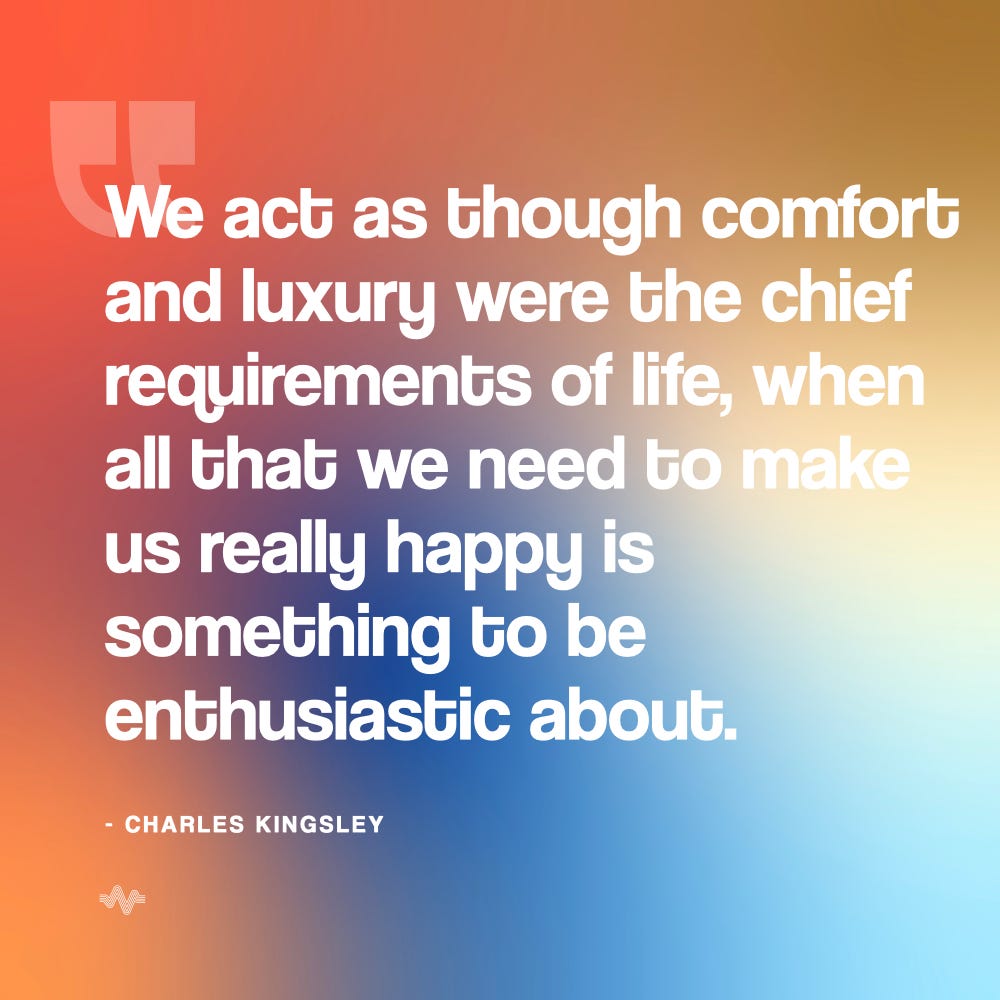 |
 |
If you run an e-comm shop, this is a really good database of sustainable suppliers - packaging, tape, returns, the whole shebang. ♻️
A long, dense, but very thought provoking read on how online life breaks the old order. When facts are few, persuading the ignorant is relatively easy. But information abundance, already characteristic of early modern societies, engenders a degree of skepticism: The more there is to know, the more likely we feel that truth is elusive. Information super-abundance encourages the view that truth isn’t real: Whatever view you want to validate, you’ll find facts to support it. 🔮
A somewhat related read: Danny Meyer on the irrelevancy of being right. Being right can be used as the most dangerous shield in the world of hospitality — and in life. Think about life in general. Think about religion. How many wars have been fought in the name of religion? Name one religion that doesn’t think that its way is the right way. If that religion is the right way, someone’s wrong. 💭
A slide deck on the great business that is the NY Times. Plus a related read from Antonio-Garcia Martinez that argues the Times will triumph financially but fail as an intellectual institution. The customer always gets what they want: In the case of an ads-driven business model where the advertiser is the true customer, that’s balanced political news alongside frivolous lifestyle stories as a canvas for ads. In the case of subscribers, it’s being flattered by having their own worldviews echoed back themselves in more articulate form… 📰
Loved Oliver Burkeman's final Guardian column: the eight secrets to a (fairly) fulfilled life. There will always be too much to do – and this realization is liberating… The only viable solution is to make a shift: from a life spent trying not to neglect anything, to one spent proactively and consciously choosing what to neglect, in favor of what matters most.
This 💯👇🏽
So good👇🏽
 |
I enjoyed Modest Proposal’s podcast interview on Invest Like the Best. An idea that stuck: The classic stereotype of the value investor is quantitatively focused on the past. This approach worked for a very long time, but not so much in recent times. Today, underwriting the future has shown to be more successful and it’s a skill that any investor should have. 🎙️
CYP friends Li Jin and David Sherry share their community software wishlist 👀
Great read on how the business of fame has evolved. A recurring theme as technology has changed celebrity is that content output goes up and production value goes down. The production value of a Kardashian social media post is orders of magnitude lower than the production value of an episode of The Oprah Winfrey Show… the Kardashians still needed a TV show to jumpstart their fame. Charli D’Amelio only needed a smartphone and the TikTok app. 🤳🏾
 |
 |
If you’re wondering who’s behind this newsletter:
My name is Sari Azout. I am a design-thinker, strategist, and early stage startup investor at Level Ventures. My mission is to bring more humanity and creativity to technology and business.
Want more?
Follow me on Twitter, Medium, and Instagram.
Know a founder i should meet?
Drop me a note at sari@level.vc
If you're enjoying this newsletter, I'd love it if you shared it with a friend. You can send them here to sign up.
Thanks for being here!

